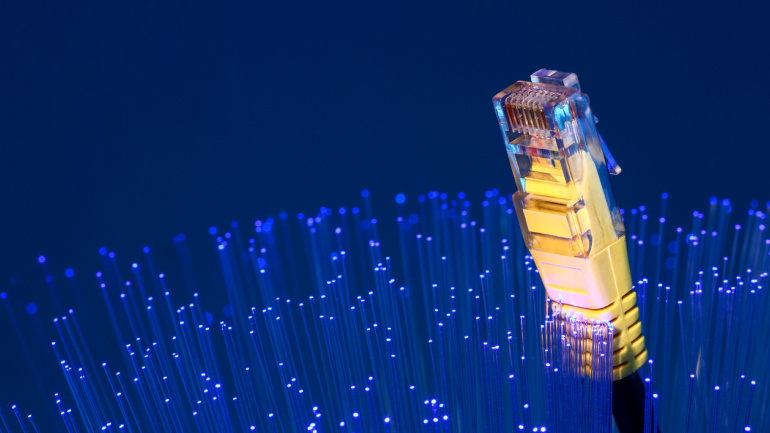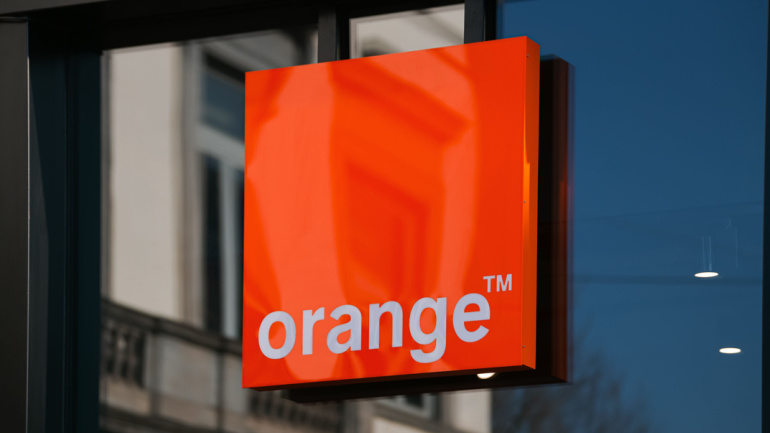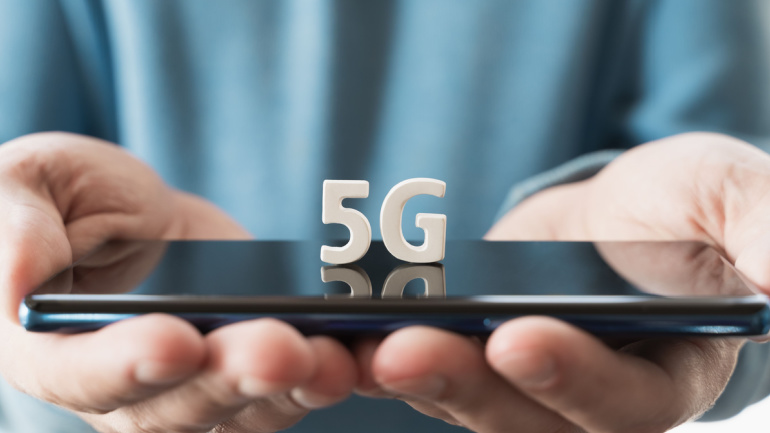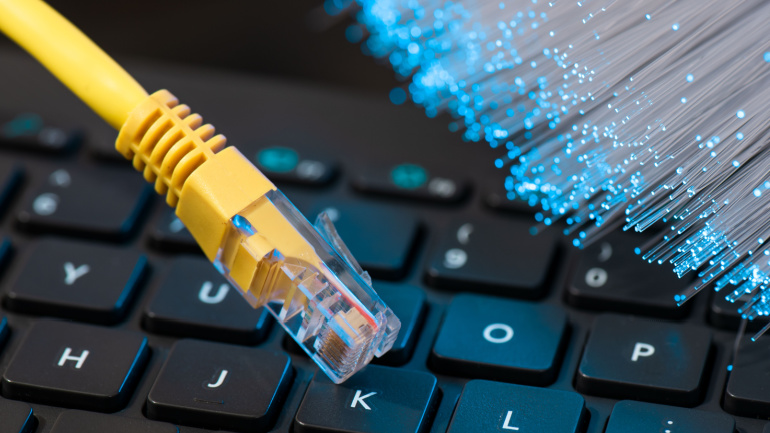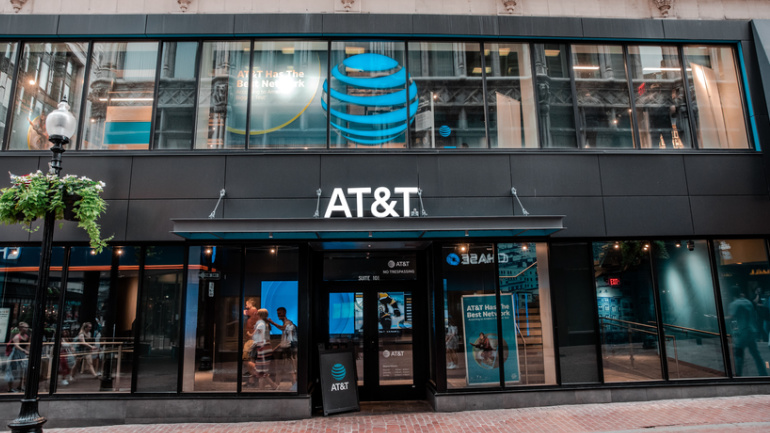As cyber threats surge in the UK, BT uncovers jaw-dropping statistics, including an average of 530 attacks every second globally. Industries from defence to hospitality are not exempt. To combat this, BT has launched an illuminating podcast on cybercrime’s impact and potential solutions.
Vodafone’s recent triumph, a successful trial achieving 5 Gbps using the upper 6 GHz band for mobile signal transmission, highlights the upcoming decision on spectral band division at ITU’s WRC23. Through this trial, performed on Madrid’s Vodafone campus, engineers established the 6 GHz band can provide coverage on par with existing 5G networks.
At the European Conference on Optical Communication, Huawei’s cutting-edge FTTR solution solidified its standing as the industry leader by winning the Most Innovative PON/5G/FTTx Product Award. Catering to a wide range of users—from homes to small businesses—Huawei’s solution offers superior bandwidth, minimal latency, uninterrupted Wi-Fi connectivity, and self-management capabilities, making it a favorite among global broadband users and operators. Moreover, it’s built on a point-to-multipoint all-optical networking architecture, providing ultra-gigabit Wi-Fi networks. Remarkably, the FTTR rollout is efficient and aesthetically pleasing, using a unique self-adhesive transparent optical fiber with fast deployment times.
In the recently held Network X event, Orange’s Deputy CEO shed light on their significant fiber expansion and presented an intriguing outlook on 5G’s future, hinting at its potential in achieving the 2040 CSR objectives. Discussing 5G Standalone (SA), she highlighted it as a gamechanger for B2B interactions, fueling varied possibilities. Briefly discussing their triumph at the Barcelona port project, she humbly emphasized the responsibilities that come with connected factories.
In a bold amalgamation move, Orange and MasMovil are set to combine their Spanish telecom operations in a €19 billion deal. European regulators, however, have expressed concerns, fearing a spike in consumer costs due to a potential market monopoly. To address these apprehensions, Orange and MasMovil are shedding some assets, with Romanian telecom Digi earmarked to acquire parts of the business, paving the way for a more competitive landscape. Californian tech enthusiasts, early adopters and IT professionals are keenly observing this development, which is seen as a yardstick for regulator sentiment towards large-scale telecom consolidation in Europe.
In a robust move, Nokia is set to enhance 5G Fixed Wireless Access (FWA) with the unveiling of FastMile, two innovative solutions aimed at boosting indoor and outdoor coverage. This stride could revolutionize the industry, especially when considering wall attenuation effects on network capacity. FastMile’s outdoor solution cleverly sidesteps signal loss due to wall materials, while an intuitive mobile app assists users in determining the best placement for their receivers—shaping a route towards an optimal user experience in telecommunications.
Fibre network giant, ITS Technology Group, enlivens UK telecom sector with a hefty funding acquisition of £100 million from Avenue Capital Group. This new influx brings their total funds to £145 million, opening avenues for strategic network expansion and potential merges. CEO Daren Baythorpe echoes the optimism, hinting at enhancements of 10Gpbs-capable network and strategic acquisitions. Epidemic times demand robust connectivity and this new step promises just that. The partnership with Evolve, promises to feed into the rising demands for bandwidth-rich technologies.
Nvidia, the graphics processing unit heavyweight, plans to enter Intel’s domain with ARM-based chips tailor-made for Windows PCs, according to insiders. AMD, another significant player in this space, is also reportedly considering ARM technology. This move, potentially hitting the market by 2025, has been stimulated by Microsoft’s interest in duplicating the efficiency of Apple’s ARM-use in AI processing. Yet, Nvidia’s past attempt to acquire ARM was thwarted by regulators, putting the company’s motives under scrutiny as the PC CPU sector braces for potential disruption.
Serving as key hubs in business communication, call and contact centers consistently enhance customer experiences in our digital era. In line with the sector’s advancements, DIDWW, a global provider of premium quality VoIP communications, two-way SIP trunking and SMS services, has announced its participation in the Call & Contact Centre Expo in London. Recognized as Europe’s premier summit for the telecoms sector, the Expo is set to bring together over 3,500 industry professionals, offering valuable insights and networking opportunities.
AT&T’s vast addition to their fiber net base underlines an impressive income growth. This growth is visible in their third-quarter report, boasting revenues over $30 billion. The influential role of AT&T’s fiber subscriptions reveals a customer base exceeding 8 million aided significantly by a striking 26.9 percent growth in AT&T Fiber revenues. Notably, the company’s recent launch, AT&T Internet Air, foresees further enhancement to their service offerings.





